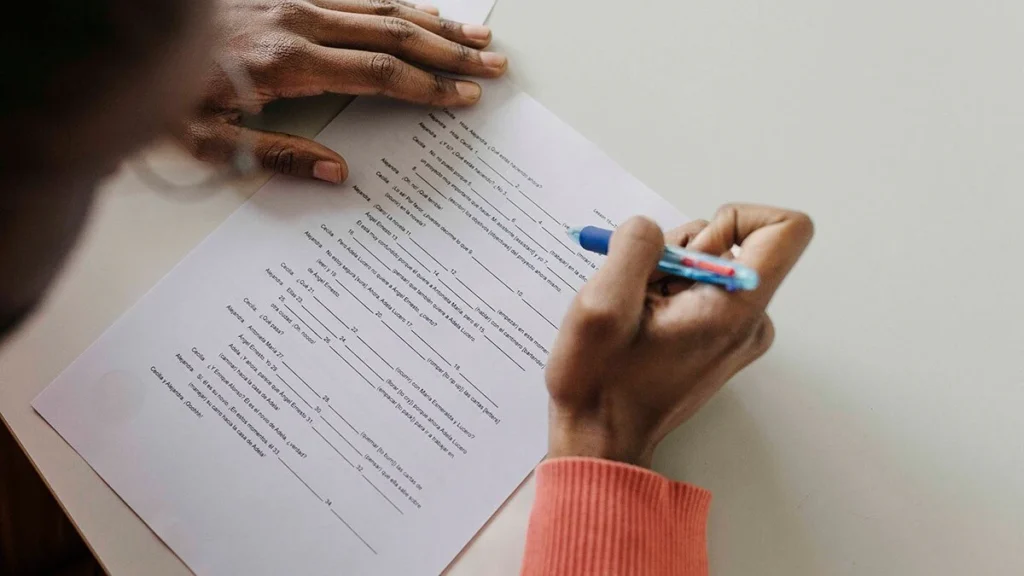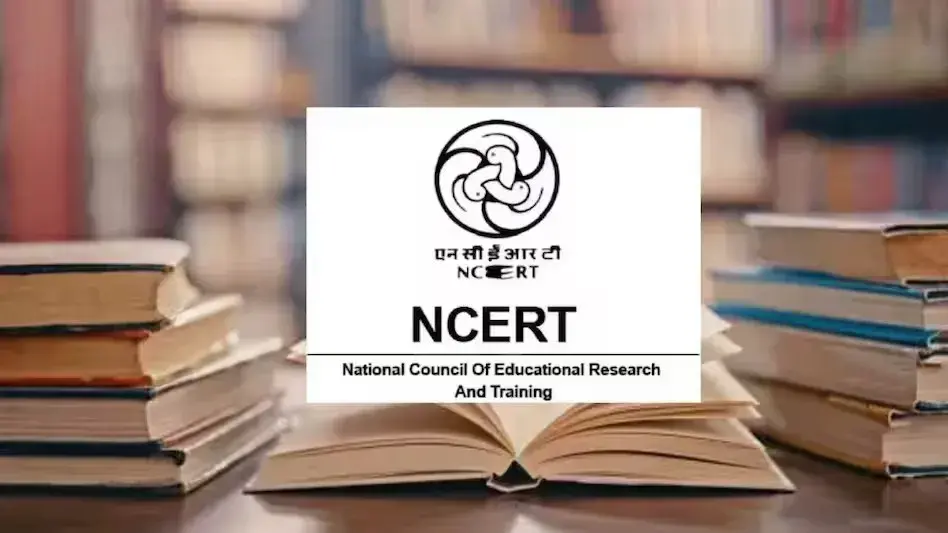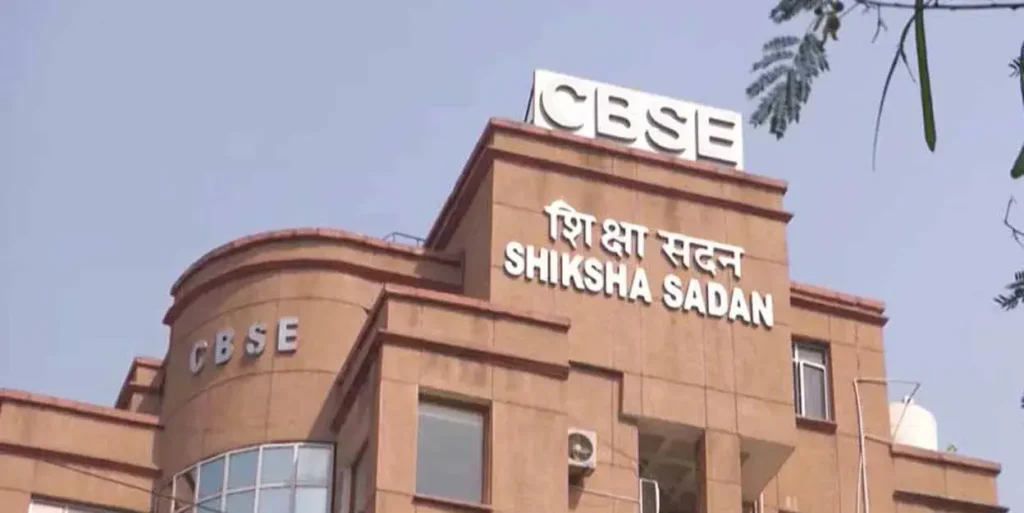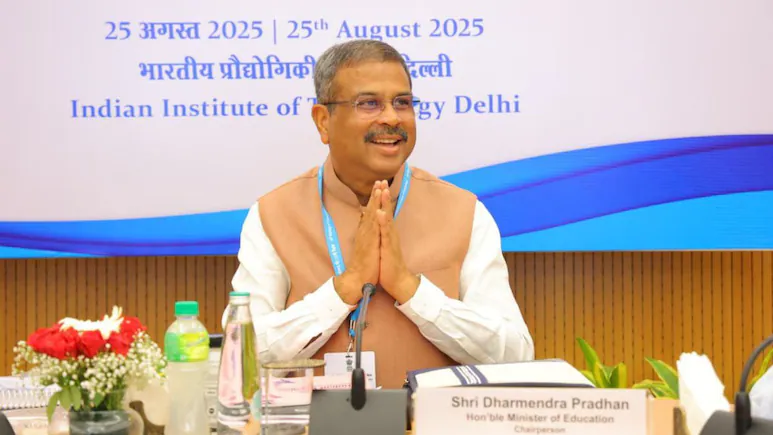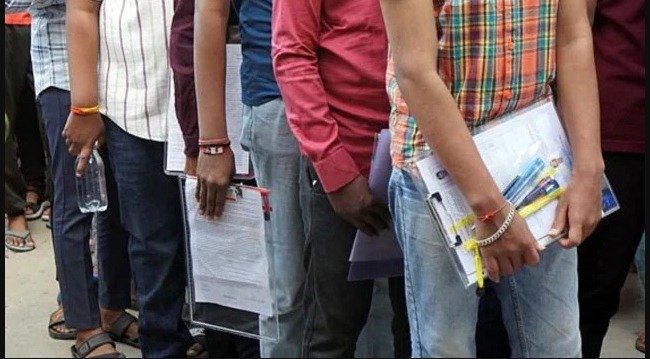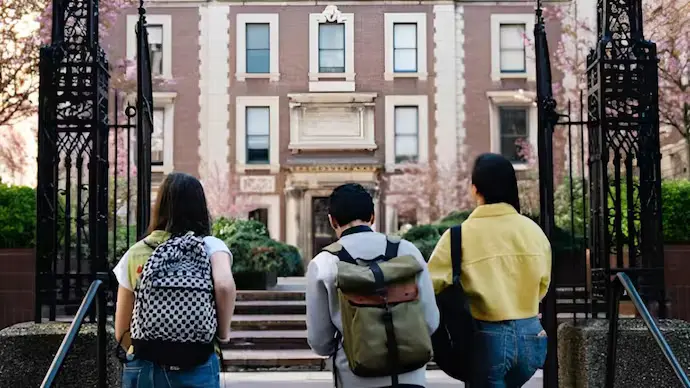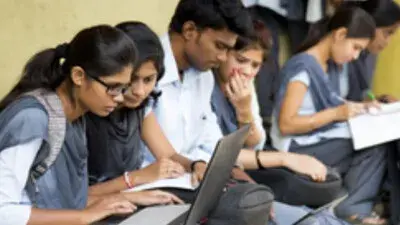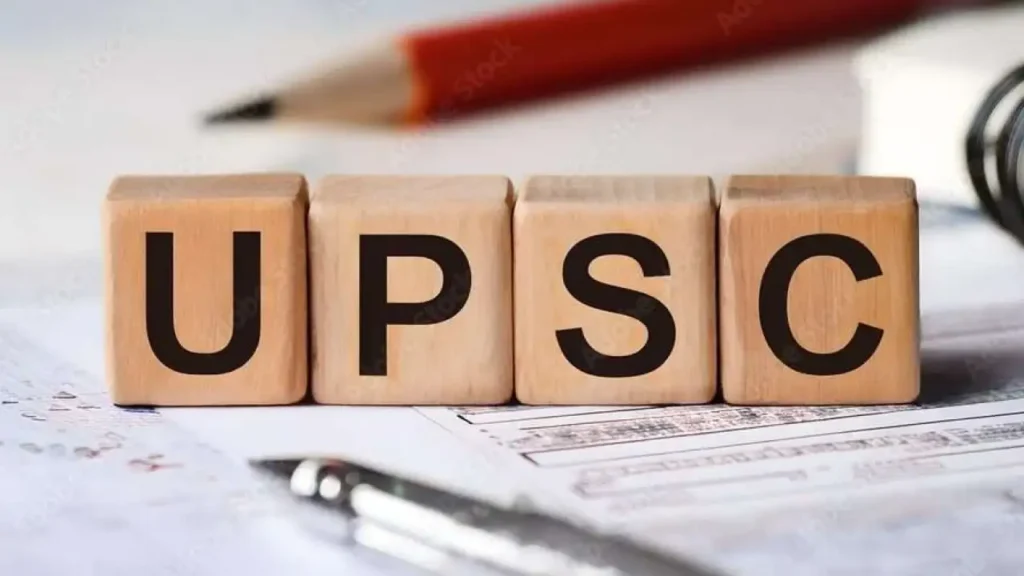West Bengal SSC Recruitment Exam Sees Massive Turnout of 3.19 Lakh Candidates
West Bengal witnessed a huge response on Sunday as over 3.19 lakh aspirants appeared for the School Level Selection Test (SLST) conducted by the West Bengal School Service Commission (WBSSC). The test, meant for the recruitment of assistant teachers for classes 9 and 10, was held across 636 examination centres under tight security arrangements. This marked the first major teacher recruitment drive by the WBSSC since the Supreme Court, earlier in April, cancelled 26,000 appointments made in 2016, declaring the process “tainted and vitiated.” The exam began at 12 pm and continued till 1:30 pm, with an additional 20 minutes provided for specially-abled candidates. To maintain strict vigilance, candidates had to report by 10 am. Barcode scanning of admit cards, frisking at multiple checkpoints, and a ban on all electronic devices were part of the three-tier security plan. Even officials and supervisors were prohibited from carrying mobile phones inside examination halls. Only pens, supplied at the centres, were allowed. In a first-ever transparency initiative, candidates were permitted to take home both the question paper and a carbon copy of their OMR sheets, ensuring greater accountability in the evaluation process. While many first-time test-takers described the paper as “simple,” some felt better preparation could have improved their chances. For many of those whose jobs were cancelled following the SC verdict, the exam carried emotional weight. Several expressed distress at having to reappear after years of teaching, with one 55-year-old former teacher breaking down at the exam gate, lamenting the difficulty of preparing again after seven years in service. Candidates from other states, including Bihar and Uttar Pradesh, also took part in the test. This sparked political sparring — with Trinamool Congress (TMC) spokesperson Kunal Ghosh pointing out that job-seekers from BJP-ruled states had to come to Bengal due to unreliable recruitment processes in their regions. He stressed that Bengal never barred outsiders from applying. Meanwhile, BJP leader Sajal Ghosh countered that mobility across states was normal, while CPI(M)’s Shatarup Ghosh alleged that the ruling party might exploit this for “cut money.” State Education Minister Bratya Basu assured candidates that the administration was working to guarantee fairness, transparency, and safety during the recruitment drive. Metro Railways also extended services on both the Blue and Green lines from 9 am to aid travel for examinees. WBSSC Chairman Siddhartha Majumdar confirmed that another 2.46 lakh aspirants are scheduled to appear for the recruitment test for assistant teachers of classes 11 and 12 on September 14 at 478 centres. Importantly, the commission clarified that 1,806 teachers identified as “tainted” in the 2016 scam were barred from participating. Source: Indian Express
West Bengal SSC Recruitment Exam Sees Massive Turnout of 3.19 Lakh Candidates Read More »

